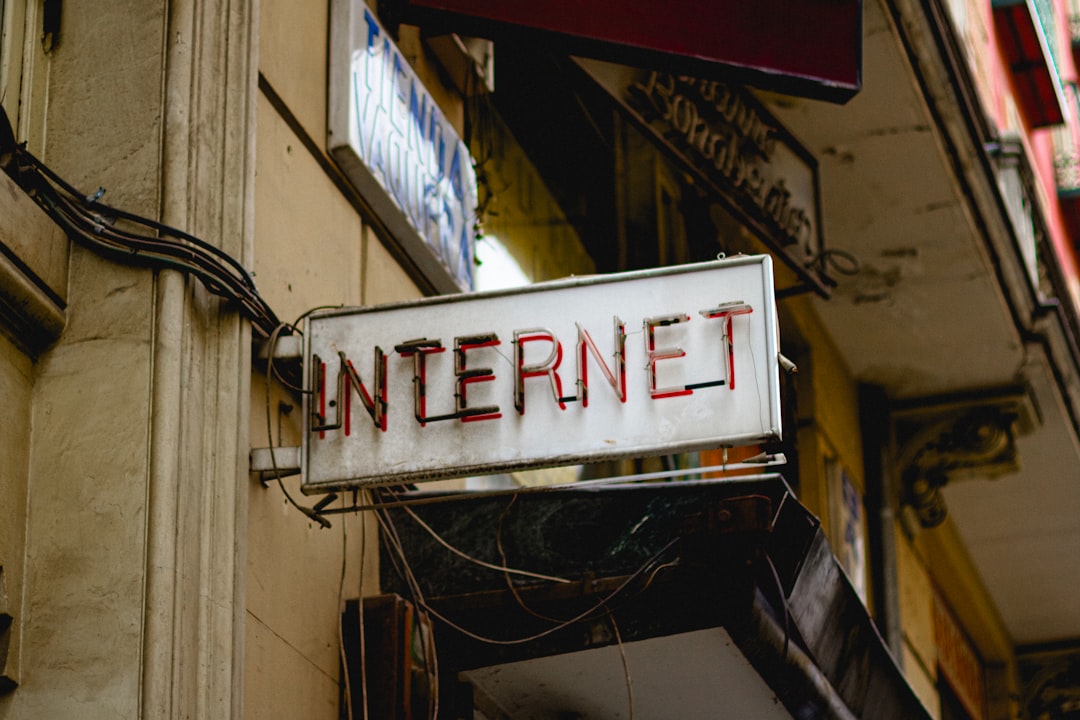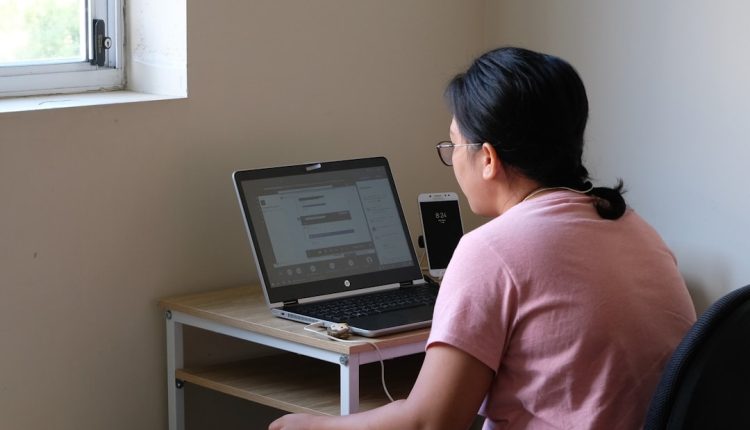Many university students wonder whether using a VPN (Virtual Private Network) on campus is permitted, and more importantly, whether it’s safe or beneficial. With increasing concerns about privacy, access restrictions, and cybersecurity, this question has become more relevant than ever. Understanding the implications and guidelines of VPN use at university can help students make informed decisions.
What is a VPN?
Table of Contents
A VPN, or Virtual Private Network, encrypts a user’s internet connection and routes it through a secure server. This not only helps protect sensitive information but also hides the user’s IP address, making online activities more private. VPNs are commonly used to bypass geographic content restrictions and to maintain confidentiality over insecure Wi-Fi networks.
Is it Legal to Use a VPN at University?
In most countries, including the United Kingdom, United States, Canada, and Australia, using a VPN is completely legal. However, the legality is separate from the rules set by individual institutions. Universities operate under their own policies, especially regarding use of their internet networks.
Therefore, while it’s legal to use a VPN in general, it may not always be allowed on your university’s network. Using a VPN could potentially violate student agreements or acceptable use policies if it interferes with network monitoring or security protocols.

Why Might a University Restrict VPN Usage?
Universities have several reasons to limit or monitor VPN use:
- Security Concerns: VPNs can hide malicious traffic, making it harder for university IT teams to detect cyber threats.
- Policy Enforcement: Some VPNs allow access to restricted or pirated content, violating copyright regulations or student codes of conduct.
- Bandwidth Management: VPNs may be used for bandwidth-heavy services such as streaming or file-sharing, which can strain network resources.
Situations Where VPNs Are Helpful for Students
Despite restrictions, there are valid reasons a student may consider using a VPN:
- Protecting Privacy: When using public or shared Wi-Fi, like those in dorms or campus cafés, a VPN can secure personal data.
- Accessing Geographically Restricted Content: Useful for international students who want access to content from home.
- Enhanced Academic Research: Certain online tools or databases may be region-locked, and a VPN can help bypass these barriers for legitimate academic purposes.
Best Practices for Using a VPN at Uni
If a student decides to use a VPN, here are a few best practices to follow:
- Read the University’s IT Policy: Always check your institution’s acceptable use policies or consult the IT department.
- Use Reputable VPN Services: Avoid free VPNs, which may compromise your privacy or security. Opt for well-reviewed, paid providers.
- Do Not Use VPNs to Violate Rules: Accessing illegal content or bypassing academic blocks may result in penalties.
- Turn Off the VPN When Unnecessary: This minimizes bandwidth use and prevents potential issues with campus systems.
Conclusion
Using a VPN at university can be both a helpful tool and a potential hazard, depending on how and why it is used. Students should approach VPN usage with caution, fully understand their university’s regulations, and ensure they are using such tools ethically and responsibly. When used properly, a VPN can offer an extra layer of security and privacy in an otherwise open digital environment.
FAQ
- Can a university detect VPN usage?
Yes. Even though VPN usage encrypts data, university IT teams can often detect the use of such software by analyzing traffic patterns or the IP addresses involved. - Will using a VPN get me in trouble with my university?
If your university prohibits VPNs in their policies, you could face disciplinary action. However, using one for legitimate academic or security purposes is often acceptable if discussed with IT services. - Which VPNs are best for university use?
Some widely trusted options include NordVPN, ExpressVPN, and ProtonVPN. Be sure to choose one that has a strict no-logs policy and strong encryption standards. - Can I use a VPN to access blocked websites on campus?
Technically yes, but this is often against university policy. Accessing content that is blocked for policy or legal reasons using a VPN can result in disciplinary measures. - Is it safe to use free VPNs?
Generally, no. Free VPNs often lack strong encryption and may collect your data or display ads. It’s best to invest in a reputable, paid VPN service.

